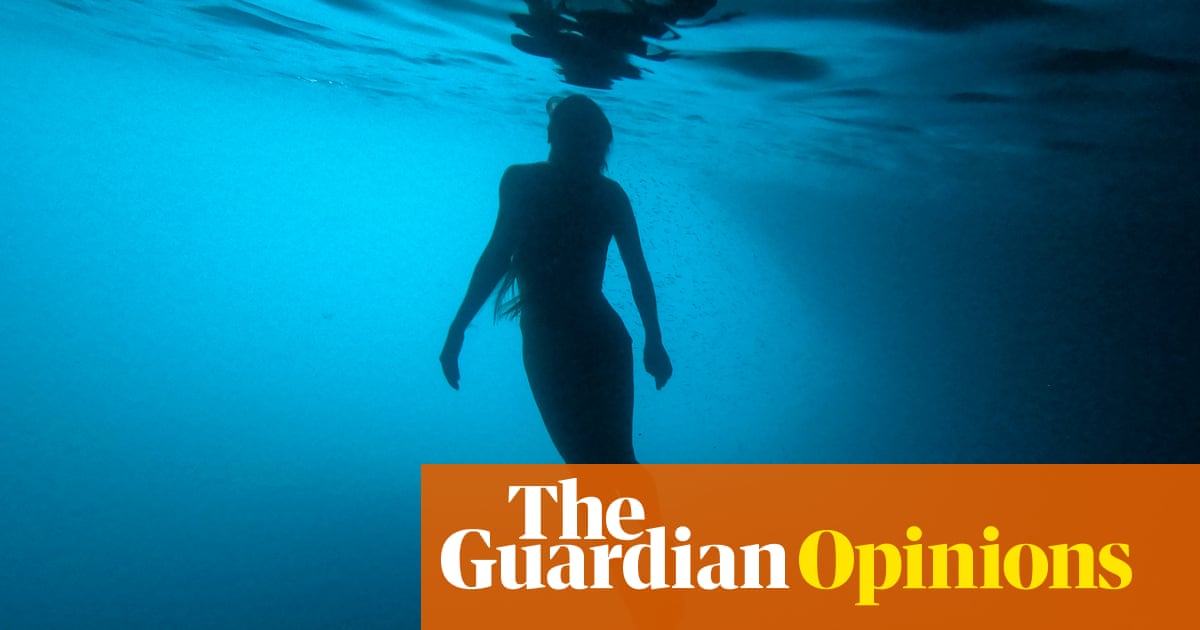Years ago, I travelled to Weipa on the Cape York peninsula to run a week of writing workshops at a school. We flew in as the sun set, and by the time I left the small tin shed airport with the keys to the hire car, it was pitch black. I threw my bags on to the back seat and turned on my phone, discovering that my carrier didn’t work in far north Queensland. There was no GPS in the car, no street directory tucked under the seat, and the other arrivals had already fled the bush airport and disappeared into the night.
I gulped down the fear that was growing in my stomach as I realised that I had absolutely no idea where I was going, and no bars of reception to tell me. I turned the key in the ignition and drove the dusty road until I reached what I assumed was the highway.
I had two options. Left or right. I turned left and tried to slow my breathing. There were no streetlights. Just the glow of the moon. I opened the window and immediately closed it again. And I kept driving, hoping to find a street sign that would tell me where to go.
Ten or so minutes later, I reached the town of Weipa, which was smaller than I’d expected. I took every sidestreet until I finally found the pub where I was staying. Checking in, the woman at the front counter told me not to walk too far down the back of the property because of crocodiles and then explained the phones weren’t working in the rooms and the wifi was patchy at best. I told her I had no mobile reception at all. It meant I couldn’t text my family to let them know I’d arrived.
As I lay in bed that night, with a creaky fan moving the soupy air around, I realised how long it had been since I’d felt so free. I had an accidental adventure, one I hadn’t planned on, one I hadn’t even understood I needed. And it made me remember what it was to be uncontactable, where I could make choices and take risks and be unwatched.
When I was younger, I lived without constantly calculating risk and without the endless loop of danger scenarios running through my head. Those fears took up residence around the time I was heavily pregnant with my first child. The scenarios were fuelled by thinking, what if I wasn’t enough as a mother, or what if something happened to me or my baby, and slowly morphed into a set of more generalised concerns, ranging from car accidents to plane crashes, serial killers to illnesses. Obviously, these weren’t always rational, but they did sometimes wake me up in the middle of the night or even stop me finding sleep at all. When my partner died in 2020, the what-ifs amplified in volume, and I found them debilitating at times.
As a single parent to two children, I felt the risks I could take were limited. I had to be around for them, so I couldn’t just jump on a plane and take off on an unplanned adventure. But having nursed my partner through the final stages of cancer, I didn’t want to feel scared any more. I wanted to feel brave and connected to the world. I wanted to feel connected to myself, and I wanted a jolt of life to shock me back from where I’d been operating as a carer. Prompted by the vows at a friend’s wedding where they agreed to haveno nos, and instead do the things they each wanted to do, I decided that instead of saying no to invitations that sparked fear and a what-if response, I’d dive in and say yes – simply because I was asked.
In the past year, I’ve agreed to many fear-inducing events –becausethey are fear-inducing. I’ve presented on stage to thousands of students at a writers’ festival and lived to tell the tale. I’ve gone to parties alone when I’ve known virtually no one and managed to talk to more than one stranger. I’ve been interviewed on ice-skates when I could barely let go of the side and grinned like a fool as I attempted to skate.
It’s not that I was particularly eager to do any of these things, it’s that surviving them, by being scared, embarrassed or even just nervous, I feel present, like I’m still here.
Taking risks is often thought of as a young person’s game. A sort of rite of passage period between the teen years and adulthood. But there is much to be said for diving into the uncomfortable as we age. And of course, on the days I don’t feel up to strapping on ice-skates, I temper all of this activity by lying in bed and watching movies, safe in my pyjamas with my cat curled on my lap.
Nova Weetman is an award-winning children’s author. Her memoir, Love, Death & Other Scenes, is published by UQP
